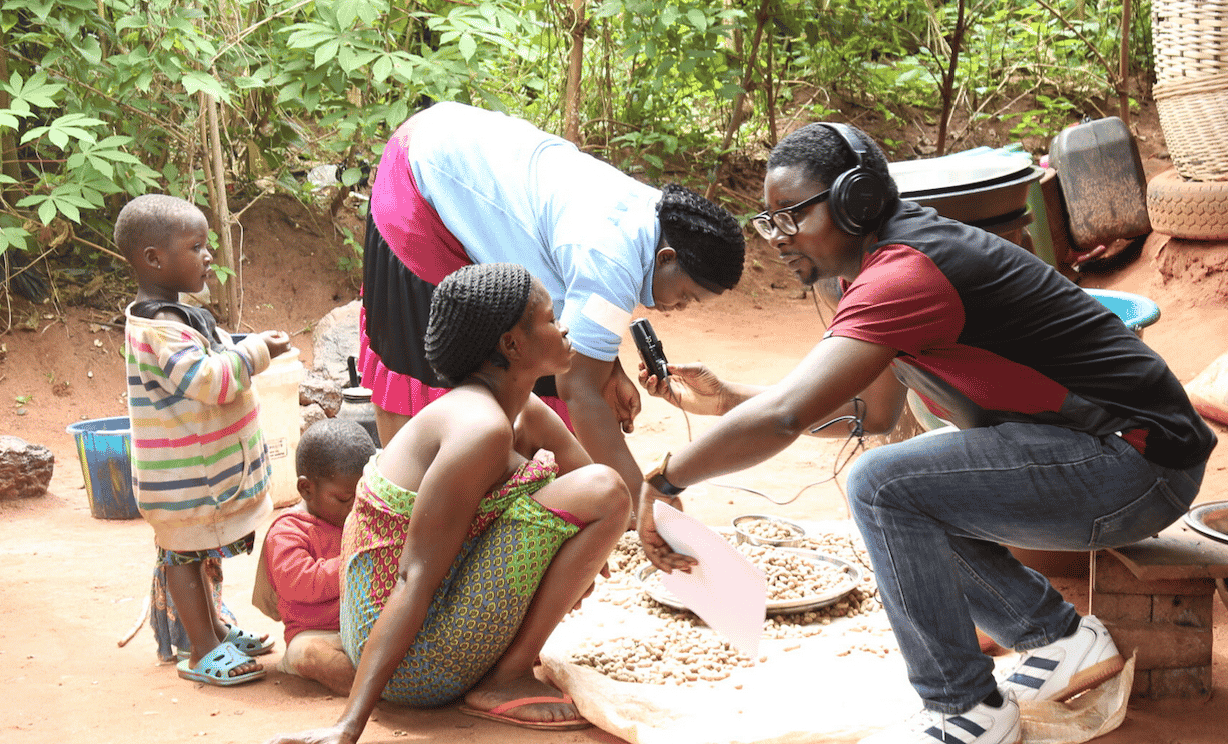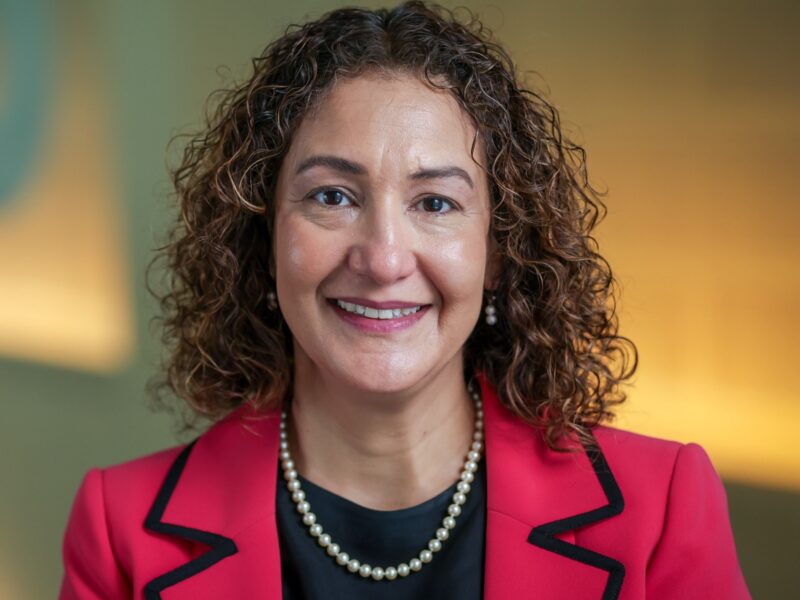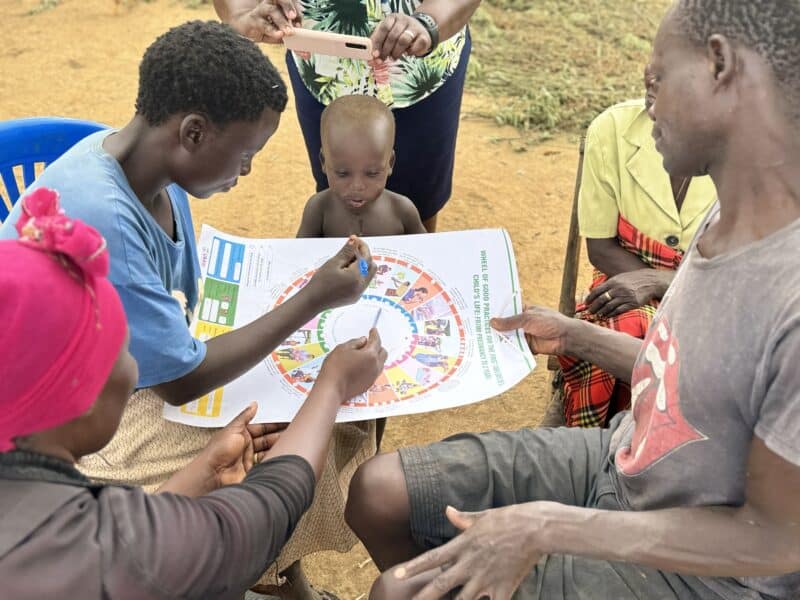When retired health worker Grace Akpegi heard that residents of Ichakobe community in Benue State, Nigeria, were taking old radios in for repair because they wanted to listen to her health program, she realized that she had more influence on people’s behavior than she thought.
After retiring as a primary health care director in Benue State in 2018, Akpegi began working as an anchor for a health program called Community Doctor on private radio station Choice FM. Akpegi uses her radio show to promote positive behaviors that protect people from malaria.
As a health worker, Akpegi could only attend to about 10 patients a day, but with her radio show, she reaches as many as 500,000 people. She provides crucial information to keep families safe and healthy.
Radio is an effective way to reach a large number of people in Nigeria with public health messages. But many media outlets and program producers do not have the expertise in social and behavior change to make a real difference with their messaging. To address this challenge, the Johns Hopkins Center for Communication Programs-led Breakthrough ACTION-Nigeria project works with radio stations across 12 states in Nigeria to strengthen the stations’ ability to incorporate malaria-related messages into their health programs.

Grace Akpegi in the radio studio where she broadcasts her health program. Photo: Breakthrough ACTION-Nigeria
Akpegi is one of the 69 radio producers that work with the U.S. President’s Malaria Initiative (PMI)-funded project to develop health programs that are focused on priority behaviors and messages and to identify experts who can relay accurate information to the public. Each quarter, the project airs 3,000 malaria-themed radio spots and helps producers develop their social and behavior change skills to incorporate key malaria messages into roughly 300 episodes of existing radio shows.
A survey conducted by the project in March showed that 77 percent of approximately 4,000 respondents reported exposure to malaria messages.
This high exposure to key messages can promote live-saving behaviors such as seeking immediate care for fever, attending at least four antenatal care visits when pregnant or sleeping inside an insecticide-treated net.
“The project has helped to position the station as an influential channel for behavior change messages on malaria and other health topics in the community,” said Ogbu Ego, general manager of Choice FM. “I am happy to provide this platform for the project to succeed.”
Akpegi finds her work as a radio anchor a fulfilling way to continue contributing to the health of her community. “This project has helped me to improve the way that I promote health messages through program analysis, development and monitoring,” she said.
Her messages extend beyond malaria prevention and treatment to wider community health concerns. “My work has contributed to the reduction of harmful practices such as self-medication, home birth and female genital mutilation,” she says. “Receiving a lot of positive feedback from community members gives me great satisfaction.”
A version of this post appeared on PMI’s website.





